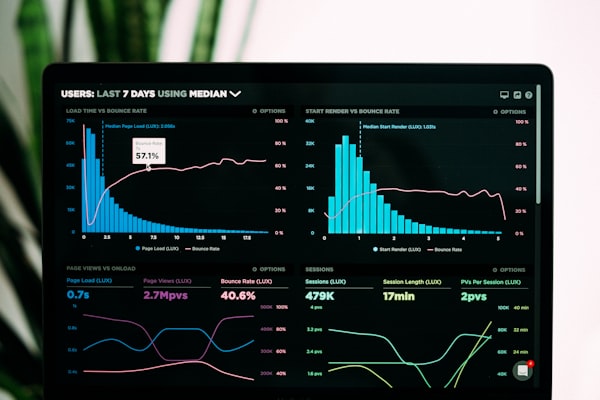DataMelt: Free Computation and Visualization Environment
Table of Content
DataMelt, or DMelt, is a free software for numeric computation, mathematics, statistics, symbolic calculations, data analysis and data visualization. The program can be used in many areas, such as natural sciences, engineering, modelling and analysis of financial markets. It combines the simplicity of scripting languages, such as Python, Ruby, Groovy (and others), with the power of hundreds of Java packages. DataMelt is a takeover of jHepWork (1995-2013) and SCaVis (2013-2015). SCaVis is fully compatible with the jHepWork v3.9.
DMelt is available as:
- Free Community Edition.
- DMelt Membership.
- Commercial & developers license.

Highlights:
- Free Community Edition.
- Portable (No installation needed).
- Cross-Platform (Windows, Linux, Mac and Android).
- Big Data support.
- Supports multiple programming languages.
Features:
- DataMelt is software for numeric computation, statistics, analysis of large data volumes (big data) and scientific visualization. The program can be used in many areas, such as natural sciences, engineering, modelling and analysis of financial markets.
- It is a computational platform. It can be used with different programming languages on different operating systems. Unlike other statistical programs, it is not limited to a single programming language.
- It runs on the Java platform but can be used with the Python language too. Thus it combines the world's most popular enterprise language with the most popular scripting language used in data science.
- It allows the usage of scripting languages which are significantly faster than the standard Python implemented in C. For example, DataMelt provides Groovy scripting which is a factor 10 faster than Python. Note algorithms implemented in Java are also significantly faster than those in Python.
- Python programming can use more than 40,000 Java classes for numeric computation and scientific visualization. In addition, more than 4000 classes come with Java API, plus 500 native Python modules. Not to mention modules of Groovy and Ruby.
- It creates high-quality vector-graphics images (SVG, EPS, PDF etc.) that can be included in LaTeX and other text-processing systems.
Supported Programming Languages:
- Jython (Python programming language).
- Groovy.
- JRuby (Ruby programming language).
- BeanShell.
- Matlab/Octave.
All scripting languages use common DMelt JAVA API. Data analyses and statistical computations can be done in JAVA. Finally, symbolic calculations can be done using Matlab/Octave high-level interpreted language integrated with JAVA.
Supported Platforms:
DataMelt runs on Windows, Linux, Mac and Android operating systems. The Android application is called AWork. DataMelt is also available on Amazon EC2 cloud.
Portable and Commercial-friendly:
DataMelt is a portable application. No installation is needed: simply download and unzip the package, and you are ready to run it. One can run it from a hard drive, from a USB flash drive or from any media. DataMelt exists as an open-source portable application, and as Java libraries under a commercial friendly license.
In order to use DMelt Java libraries in commercial programs with the closed-source environment, you will need to receive a redesigned version of the program suitable for commercial purposes. The business-friendly DMelt includes libraries under "permissive" licenses, such as LGPL, MIT, Apache and BSD. In addition, one can use DMelt documentation, code assists, examples etc. for commercial purposes.
Latest Version:
DMelt v2.4
License:
DataMelt program available for free download is licensed by the GNU General Public License (GPL) v3 (or later), Mozilla Public License (MPL) and other open-source licenses.
However, documentation libraries, online examples, installer, code assist databases, Javadoc services, language files integrated inside the DMelt IDE and web services are free only for NON-COMMERCIAL purposes (academic research, science and education), and typically are available for users with activated DMelt (the DMelt membership is required).
Due to the GPL restrictions, the DMelt program available for download cannot be used in projects with closed source codes.
References:
Conclusion:
DataMelt (Community Edition) is a good free computation and visualization environment which is suitable only for open-source projects, academic research, science and education. If you intend to use DataMelt commercially, you will need to purchase a license, and you will get more features than the community edition.












